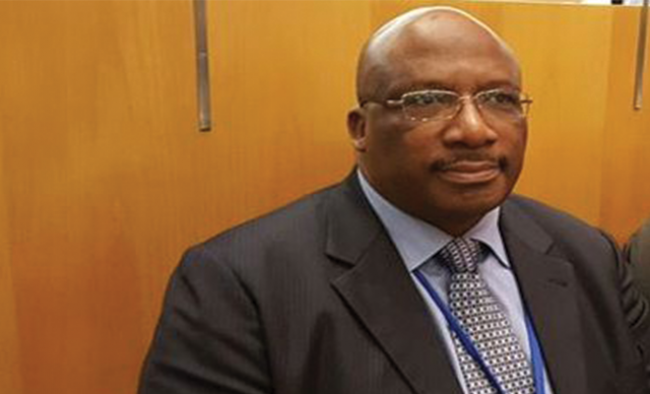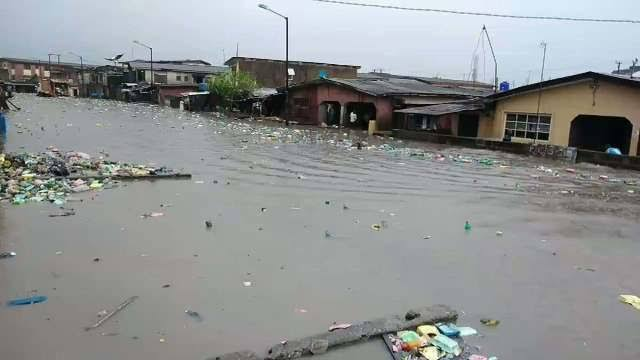
“He however warns that the NPF will deal decisively with any individual or group(s) that might want to test our common resolve and might to ensure a peaceful election. “All state-established and owned security outfits/organisations, quasi-security units, and privately-owned guard and security outfits are also barred from participating in election security management,” the police chief said.īaba appealed to the electorate across the country to be law-abiding and turn out en masse to exercise their civic rights. “Also, the ban on the unauthorised use of sirens, revolving lights, covered number plates, and tinted glasses is still in force and violators would be sanctioned appropriately. “He said that only security personnel specifically assigned to election duties should be seen within and around the designated election booths and centres.

“Similarly, the IG sternly warns all security aides and escorts to desist from accompanying their principals and politicians to polling booths and collation centres during the election as anyone found flouting this directive will be severely sanctioned. “The IG said the police would ensure public order management, safety of the electorate, as well as assist security agencies in effective policing, thereby preventing hoodlums and criminally-minded elements from disrupting the electoral process. The IGP, in a statement by the Force Public Relations Officer, CSP Olumuyiwa Adejobi, said: “In view of the 2023 general elections, the presidential and National Assembly elections, scheduled to hold on Saturday, Februacross all states of the federation and the Federal Capital Territory, the IG, Usman Baba, has ordered a restriction of all forms of vehicular movements on roads, waterways, and other forms of transportation, from 12am to 6pm on election day with the exception of those on essential services such as INEC officials, electoral observers, ambulances responding to medical emergencies, firefighters, etc.”īaba said the order was part of measures to ensure a safe, secure, and conducive environment for the conduct of Saturday’s elections. Other notable DDoS attacks that Cloudflare detected and thwarted came from a Mirai-based botnet that showed more than once it could send more than one terabyte of bad traffic every second.Īt its strongest, the botnet delivered close to 1.2Tbps of junk traffic, some of the targets being a major internet, telecommunications, and hosting provider in the APAC region, and a gaming company.The Inspector-General of Police, Usman Baba, who gave the order, said only those on essential services such as INEC officials, electoral observers, ambulances responding to medical emergencies, firefighters, and others are allowed to move, Persecondnews reports. Yoachimik says that the botnet behind the attack just last week has also targeted a hosting provider with the same type of attack but its peak was below eight million requests per second. At its strongest, the July DDoS attack reached 68% of that capacity. To paint a better picture of the magnitude of the assault, Cloudflare’s typical serving load is above 25 million HTTP requests every second. Omer Yoachimik, product manager for Cloudflare's DDoS Protection Service, says that this HTTP DDoS attack that Cloudflare mitigated is “almost three times larger than any previous one that we're aware of.” Most of the IP addresses generating the attack traffic were in Indonesia (15%), followed by India and Brazil (17% combined). While the duration of the attack is not impressive, its force does indicate that the threat actors in the DDoS business are increasing their capabilities.Ĭloudflare says that the attacker leveraged a botnet of at least 20,000 devices from all over the world. It peaked at 17.2 million but maintained a steady push around 15 million for about 15 seconds.



The assault lasted less than a minute in July and sent more than 330 million requests targeting an organization in the financial industry. The attack was recorded by Cloudflare’s DDoS protection systems and accounted for almost 70% of all average rate for legitimate HTTP traffic for the second quarter of 2021. A distributed denial-of-service (DDoS) attack earlier this year takes the top spot for the largest such incident, peaking at 17.2 million requests per second (rps).


 0 kommentar(er)
0 kommentar(er)
